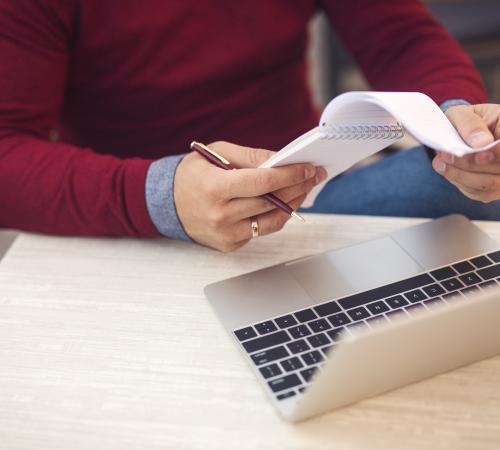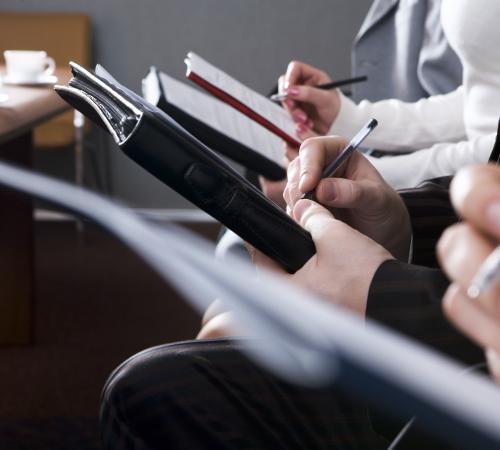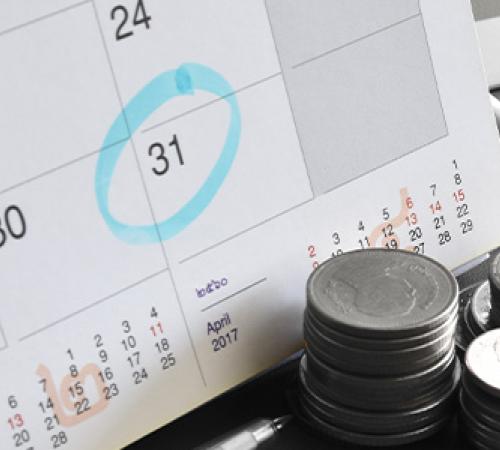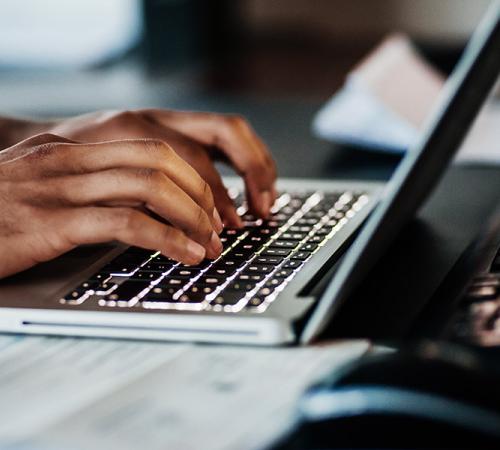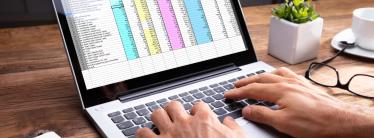

Certain costs of running your business can be deducted from your income when calculating your taxable profit. These are known as allowable expenses.
Common allowable expenses include office costs, travel expenses, staff wages, insurance, and marketing costs. These expenses must be ‘wholly and exclusively (external link)’ for business purposes, meaning they directly relate to the running of your business and are not for personal use.
Self-employed individuals, partnerships, and limited companies can all claim allowable expenses; however, rules vary between different types of business structures. Understanding what counts as an allowable expense and how to record and report them can help to ensure you’re keeping accurate financial records and not overpaying tax.
Types of allowable expenses
Costs that are wholly and exclusively for business purposes are typically considered allowable expenses. Some of the most common allowable expenses include:
- Office costs, such as stationery, postage, printing, and office supplies. Those who work from home may be eligible to claim a portion of their home expenses, such as internet, gas and electricity.
- Travel costs, such as fuel, parking, train fares, and accommodation for business-related travel.
- Staff costs, such as wages, salaries, bonuses, pensions, and employer National Insurance contributions.
- Stock and materials, such as goods bought for resale, and raw materials.
- Marketing and advertising, such as website costs, online advertising, printed materials, and promotional events.
- Insurance, such as public liability, professional indemnity, and employer’s liability for business purposes.
- Utilities and premises, such as rent, water, electricity, and maintenance for a rented business premises.
- Training and development, such as courses that are directly related to your business activities.1 (external link)
These expenses must be solely for business purposes.
However, you may be eligible to claim part-expenses (external link) for things you use for both business and personal reasons. There are different rules for self-employed individuals, partnerships, and limited companies.
If you’re self-employed, you can typically claim allowable expenses through your Self Assessment (external link) tax return.
If you run a limited company, there are different rules (external link). You must submit detailed records through your company tax returns (external link) to HMRC (external link).
For full details on inclusions, exclusions, and how to claim, visit GOV.UK (external link).
Common mistakes to avoid when claiming expenses
Incorrect expense claims can lead to penalties, interest charges, or HMRC audits. Understanding what qualifies as an allowable expense and how to record it properly can help you avoid compliance issues.
Common mistakes include:
- Claiming personal expenses. Only costs that are wholly and exclusively for business use can be claimed. Personal spending on meals, clothing, or travel unrelated to your business cannot be claimed.
- Misunderstanding what qualifies. Not all business-related costs are allowable. For example, everyday clothing and travel to your normal place of work may not be deductible.2 (external link)
- Overclaiming part expenses. If you use something for both business and personal reasons – like a mobile phone or your home office – you can only claim the business portion.
- Forgetting to update company details. If your business address, structure, or bank account changes, failing to update HMRC can lead to errors in your claims.
- Poor or inaccurate record-keeping. Receipts, invoices, or digital records are evidence for your claim.3 (external link)
Sole traders and partnerships can use HMRC’s simplified expenses (external link) for certain costs, like vehicle and working from home expenses. This isn’t legally required. However, it can make record-keeping more straightforward.
Keeping accurate records for tax compliance
On top of your day-to-day operations, managing expenses can be challenging. Whether you’re a sole trader, in a partnership, or run your own limited company, good record-keeping can help justify your expenses if HMRC requests evidence.
To claim allowable expenses, you must keep accurate records (external link) of your business transactions as evidence. Types of proof can include:
- Receipts.
- Bank statements.
- Sales invoices.
Self-employed individuals must keep records for at least 5 years (external link)after the 31 January submission deadline of the relevant tax year.
Limited companies must keep accounting records for at least 6 years (external link) from the end of the financial year they relate to.
You can check what evidence you might need to support your claim using GOV.UK’s eligibility checker (external link).
Making Tax Digital (MTD)
Under Making Tax Digital, digital record-keeping is becoming mandatory.
- MTD for VAT (external link). Already mandatory for all VAT-registered businesses.
- MTD for Income Tax. (external link) From April 2026, self-employed individuals earning over £50,000 must keep digital records of income and expenses, send quarterly updates to HMRC, and file a year-end declaration.
This threshold drops to £30,000 from 6 April 2027. MTD for Income Tax is also becoming mandatory for business partnerships.
The importance of compliance
Many small business owners and sole traders use accounting software such as Xero, QuickBooks, or FreeAgent to help them with expenses and reports.
Other common best practices can include:
- Keeping digital receipts. Scan or photograph paper receipts and store them securely in cloud-based systems.
- Organising by category and date. File both digital and physical receipts in a consistent filing system so that they’re easily retrieved later.
- Checking records regularly. Match banks statements with accounting records to catch errors and inaccuracies early.
If you fail to keep proper records, HMRC may:
- Reject expense claims.4 (external link)
- Impose penalties (external link)(up to £3,000 for each failure (external link)).
- Charge interest on late payments and underpaid tax. (external link)
- Conduct compliance checks (external link) if they suspect non-compliance.
Understanding VAT
If your business is VAT-registered, you may also be able to reclaim the VAT paid on goods and services used for business purposes.
You can typically reclaim VAT for expenses that are:
- Wholly and exclusively for business use.
- Supported by a VAT invoice.
- Supplied by a VAT-registered business.
Examples include office supplies, equipment, and travel costs. You cannot reclaim VAT for personal expenses.
How to reclaim VAT
To reclaim VAT, you must:
- Keep valid VAT invoices.
- Maintain accurate digital records (legally required under Making Tax Digital).
You can reclaim VAT on eligible items in your VAT return (external link).
For full information on how to reclaim, including inclusions and exclusions, visit GOV.UK (external link).
Understanding and accurately claiming allowable expenses can be essential for managing your business finances and staying HMRC compliant. Whether you’re a sole trader or running a limited company, keeping proper records and knowing what you’re eligible to claim can help reduce your tax bill and avoid costly mistakes. If you’re unsure, consult a qualified professional or check the latest GOV.UK (external link) guidance.
Disclaimer:
At Hiscox, we want to help your small business thrive. Our blog has many articles you may find useful as you navigate your business tax obligations. But these articles aren’t professional tax advice and should not be relied upon as such. Tax laws are complex, frequently changing, and can vary by individual circumstances. So, to find out more about a subject we cover here, please seek professional tax assistance.
